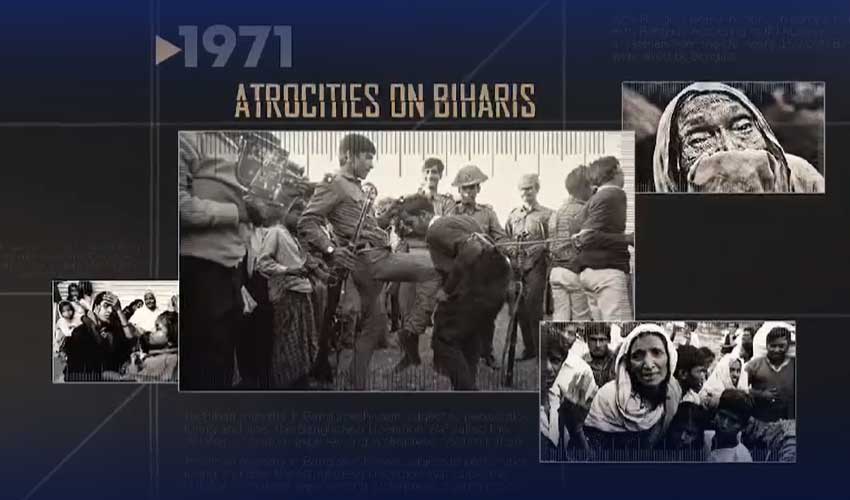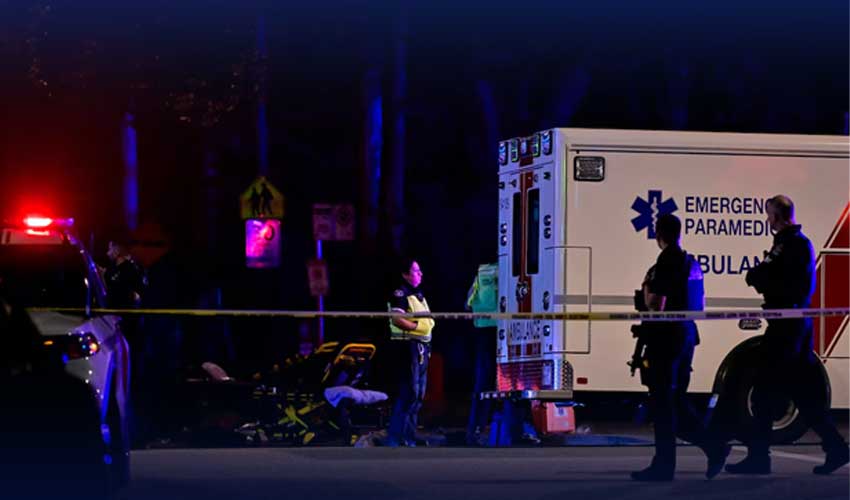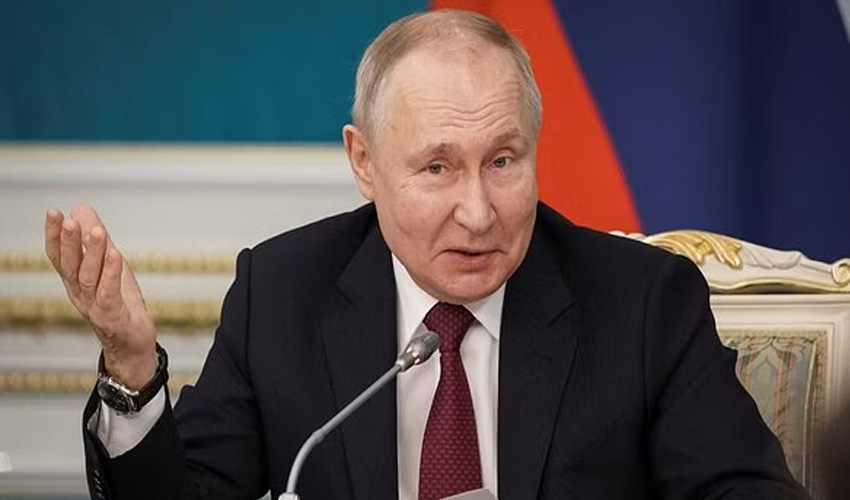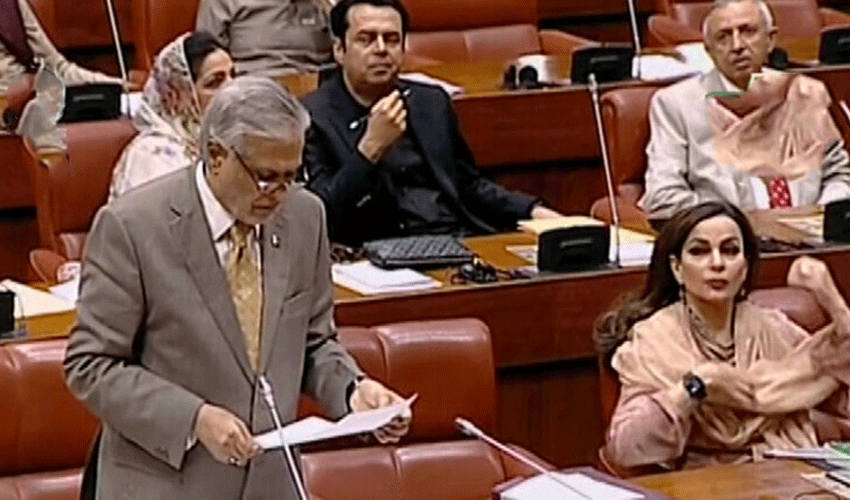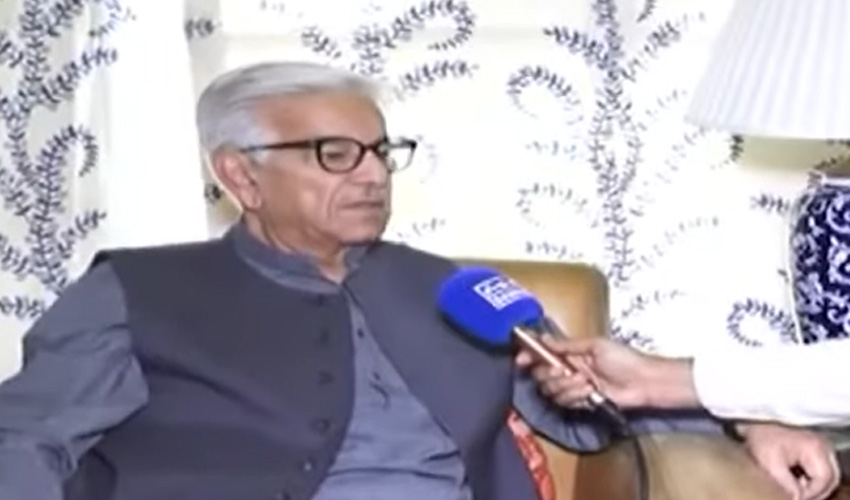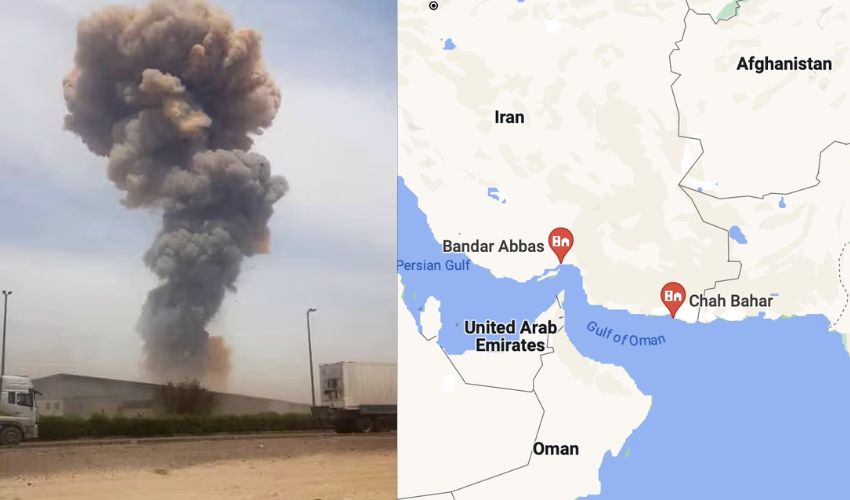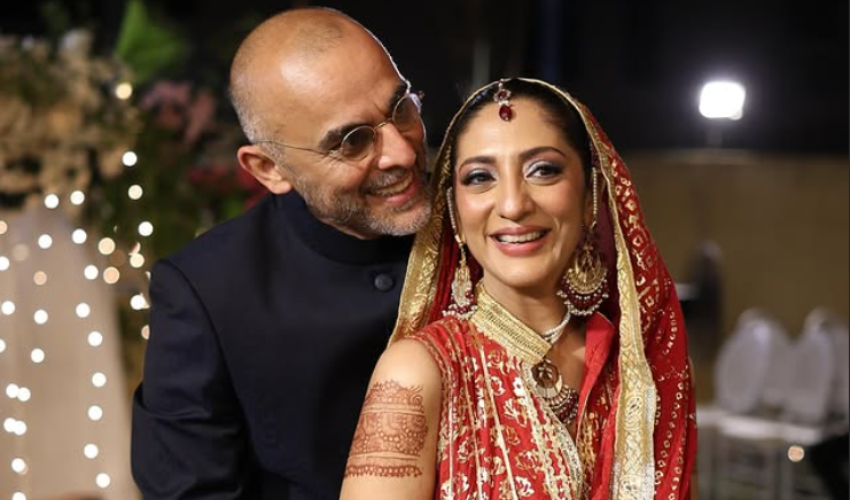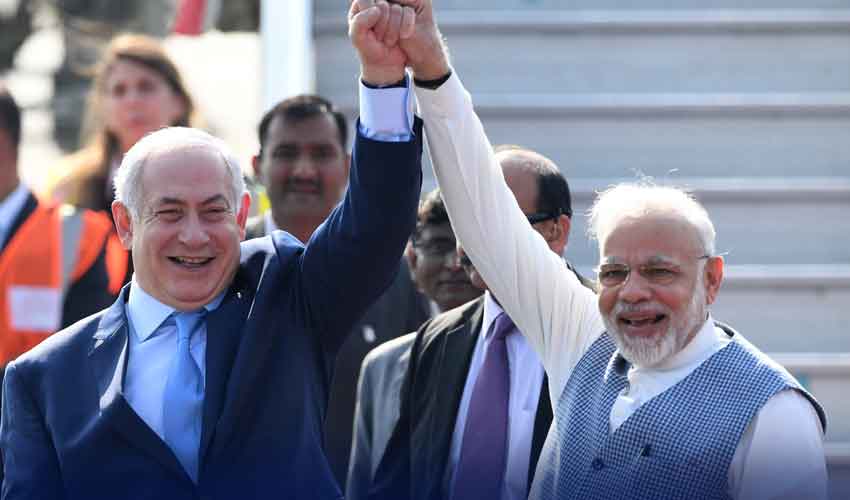The 1971 Pakistan-India War represents a dark chapter in regional history, characterized by extensive violence and systematic persecution of minority communities. Eyewitness accounts from Bihari community members reveal a complex narrative of suffering and displacement.
According to Akhtar Hussain, a Bihari community member, the conflict involved strategic manipulation by external forces. Indian support for Mukti Bahini, a liberation movement, enabled unprecedented atrocities against Urdu-speaking Pakistani residents in East Pakistan (now Bangladesh).
Documented experiences highlight severe humanitarian challenges faced by the Bihari community during this period. Key incidents include:
1. Systematic deprivation of basic resources
2. Targeted killings of civilians
3. Widespread violence against non-combatants
4. Deliberate disruption of food and water supplies
Hussain testified that both Bengali rebels and Mukti Bahini systematically targeted Urdu-speaking Pakistanis, including women and children. The violence extended even to those Bengalis who supported Pakistan, indicating a complex and brutal conflict landscape.
The Pakistani Army attempted to provide protection and support to vulnerable populations, but the scale of violence overwhelmed conventional humanitarian responses. Victims were often left without proper burial or recognition, with bodies frequently abandoned on streets.
Historical records suggest that the 1971 conflict transcended traditional military confrontations, involving intricate ethnic and linguistic tensions that resulted in widespread human rights violations.
These accounts serve as critical historical documentation, highlighting the nuanced and traumatic experiences of minority communities during significant geopolitical transformations.





